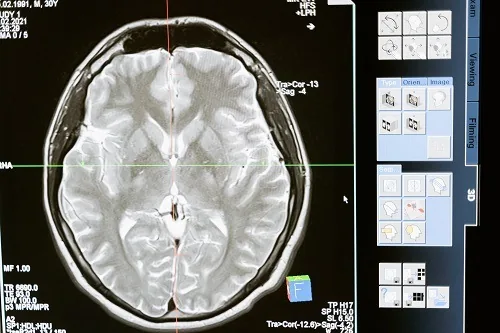
Dealing With Brain Injuries After an Accident in Stockton, California
Brain Injuries in Stockton, California It can be a difficult and confusing time when brain injuries happen due to an accident. You may be dealing…


Brain Injuries in Stockton, California It can be a difficult and confusing time when brain injuries happen due to an accident. You may be dealing…

Ways to Handle Work Activities After a Traumatic Brain Injury Motor vehicle accidents frequently result in a traumatic brain injury that can require a long…
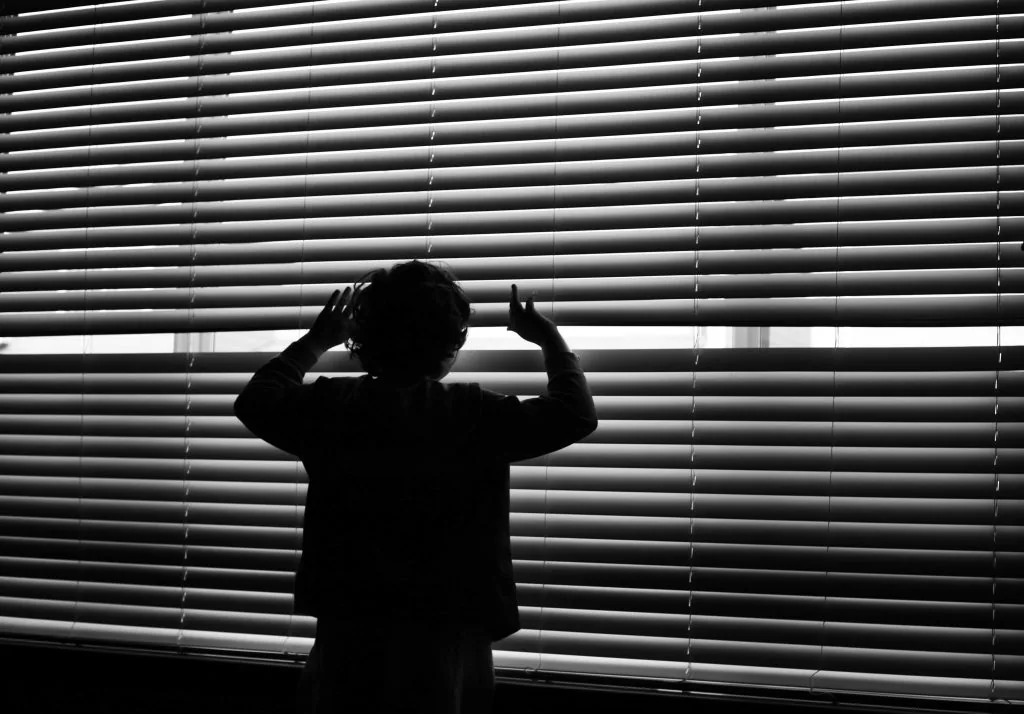
Photosensitivity is a Common Problem After a Brain Injury Photosensitivity is one of the most common symptoms that people might develop following a traumatic brain…
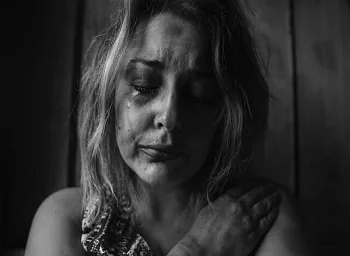
Mental Health Issues More Common in Women after a Brain Injury Mental health issues may be more common in women than in men according to…

New Treatment for TBI Severe traumatic brain injuries often occur in auto accidents, motorcycle accidents, and slip and fall injuries. Unfortunately, because the brain does…

Coping With Life After a Brain Injury I’m Ed Smith, a Stockton brain injury lawyer. Traumatic brain injuries happen more than you might realize. The…
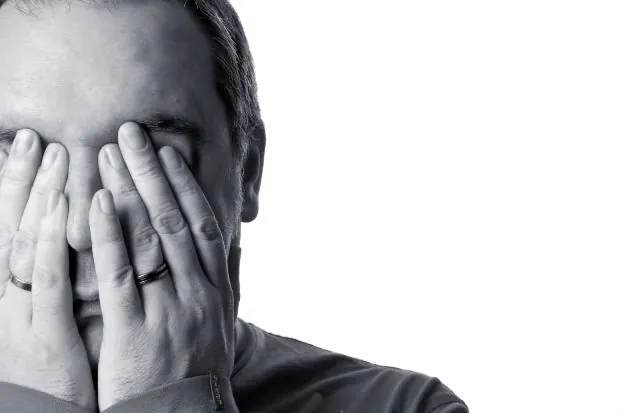
Woman Crashes While Texting Killing Three Children Woman Crashes While Texting Killing Three Children I’m Ed Smith, a Stockton Brain Injury Lawyer. A motorist in…

Tinnitus or “ringing” in the ears can be a complicated medical condition to treat given the numerous causes, types, and severity of tinnitus. Tinnitus may…

The source and cause of tinnitus is not always limited to the ear itself. It makes logical sense to start with the ears, where a…

Post-traumatic tinnitus isn’t always easy to diagnose and treat. There are numerous causes of post-traumatic tinnitus, making it difficult to find an appropriate treatment method…

Medical experts and researchers continue their quest to find the best treatment methods possible for tinnitus, or “ringing” in the ears. There are numerous treatment…

There are many different types of tinnitus, or “ringing” in the ears. Some tinnitus is minor and disappears over time. Some tinnitus may be chronic…

Treating Tinnitus with Alternative Medical Methods Many of us have experienced ringing or buzzing in the ears before, sometimes short-term and temporary, and sometimes permanent….
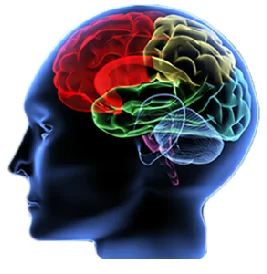
Traumatic Brain Injury Deaths Traumatic Brain Injury Deaths I’m Ed Smith, a Stockton auto accident attorney. Death from traumatic brain injury (TBIs) can happen in…